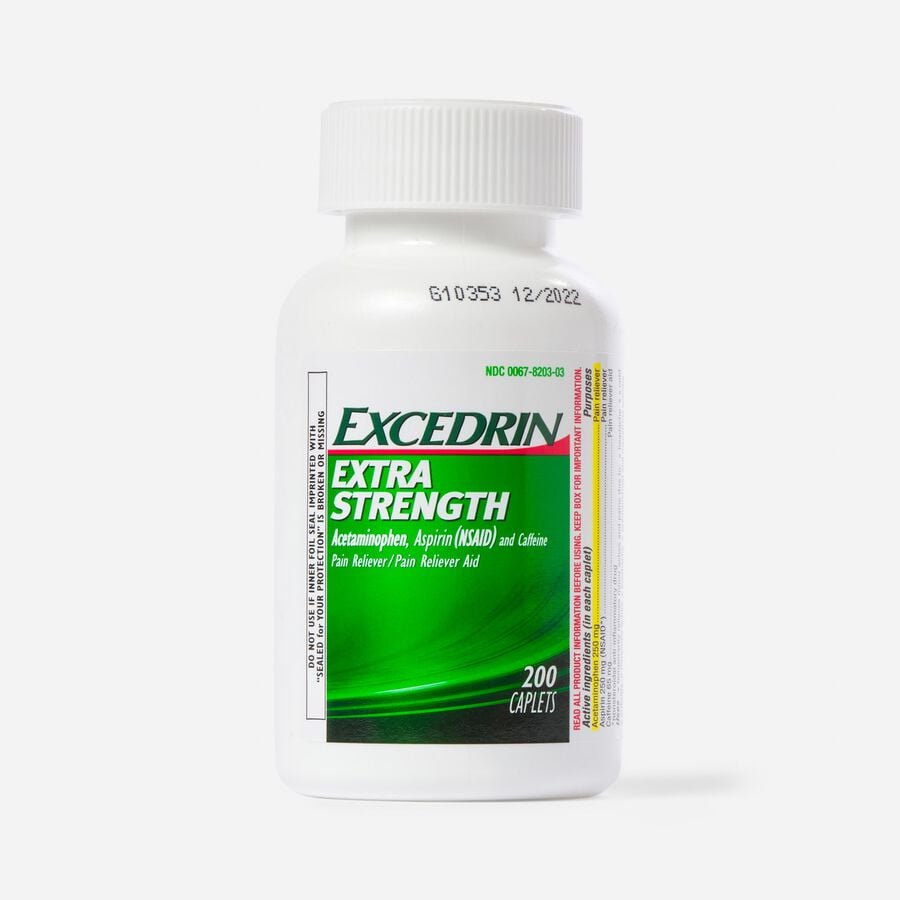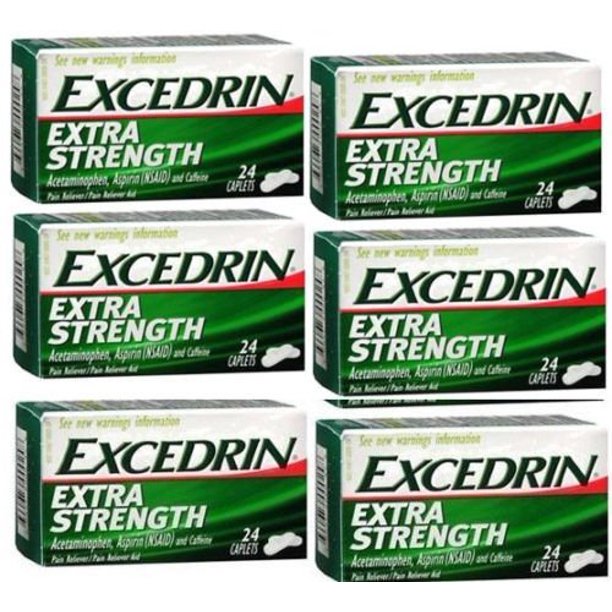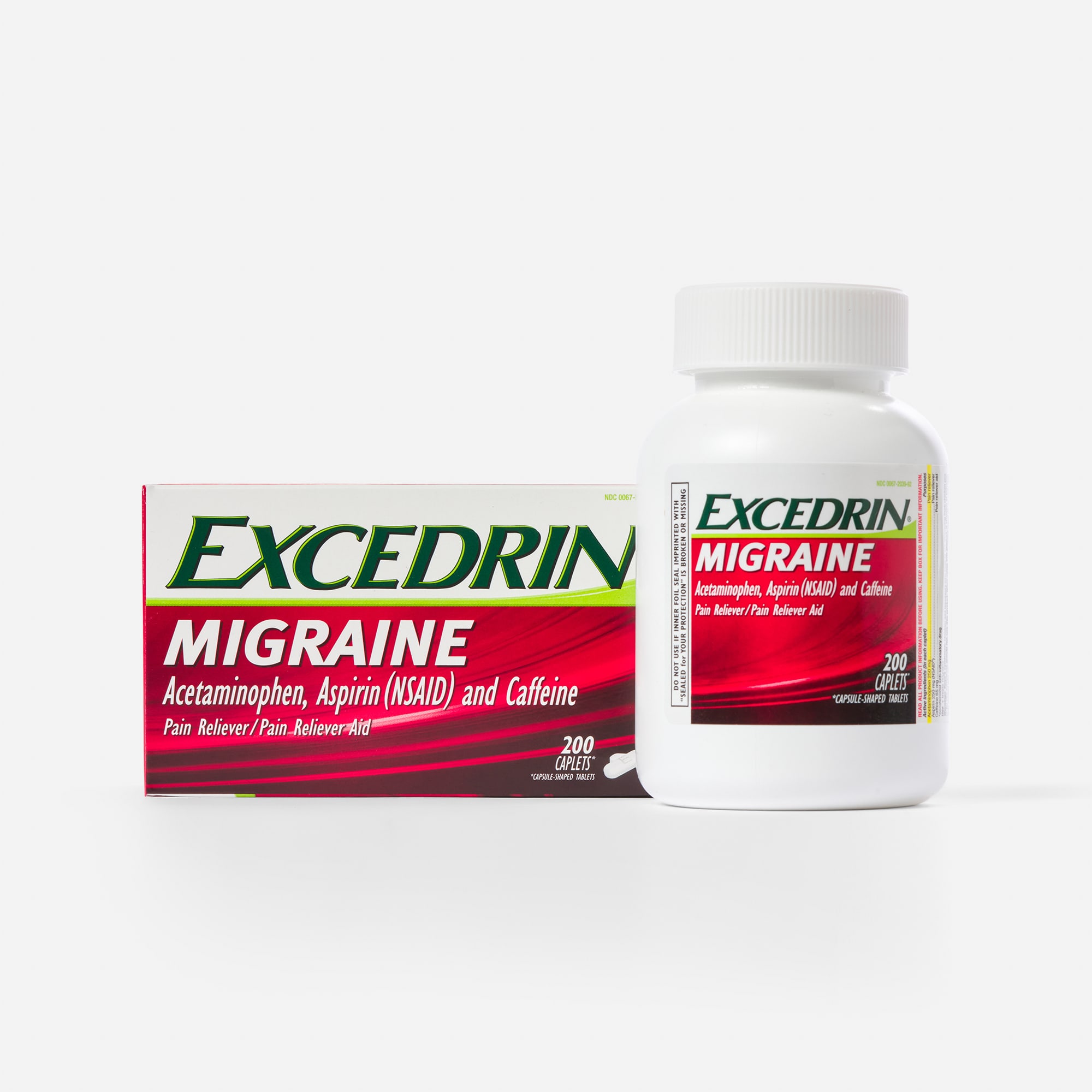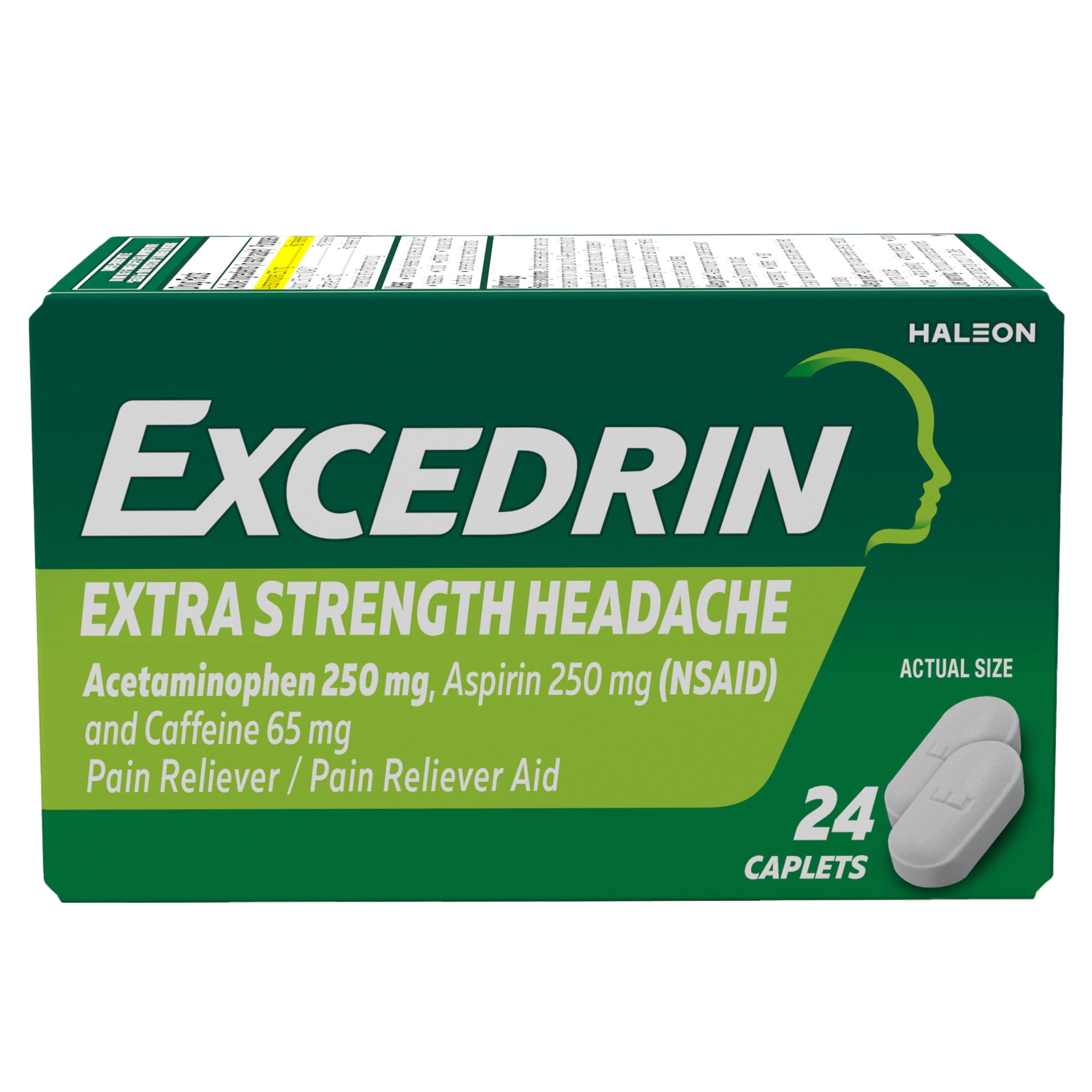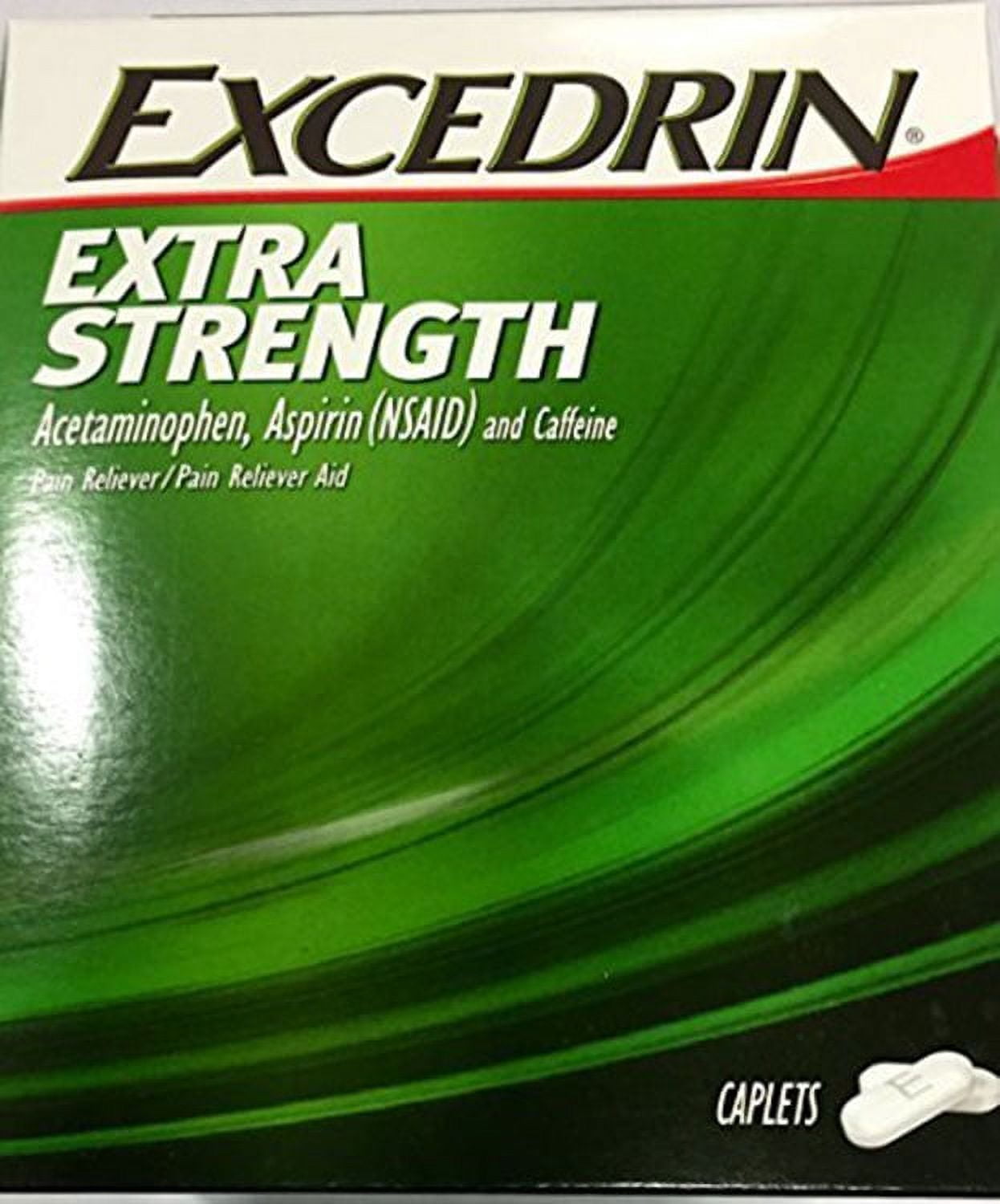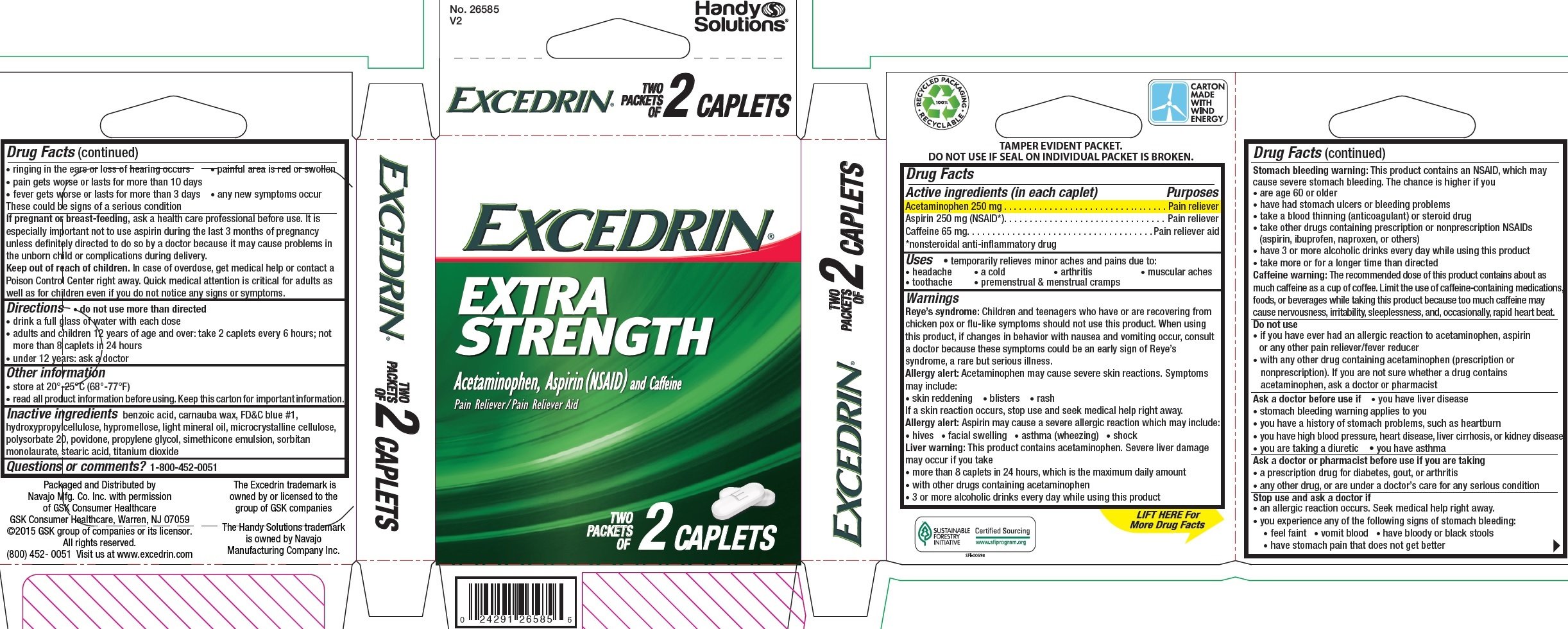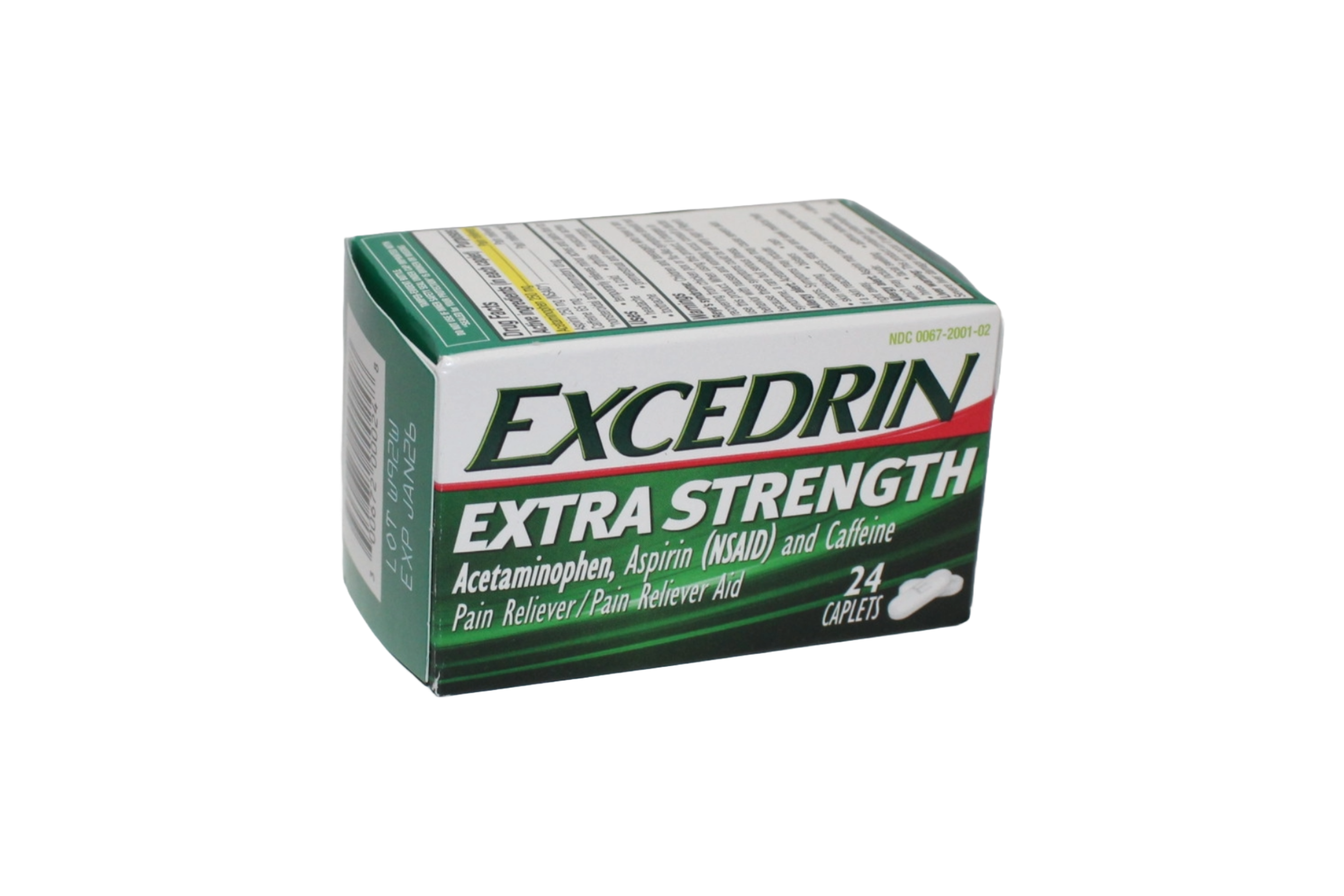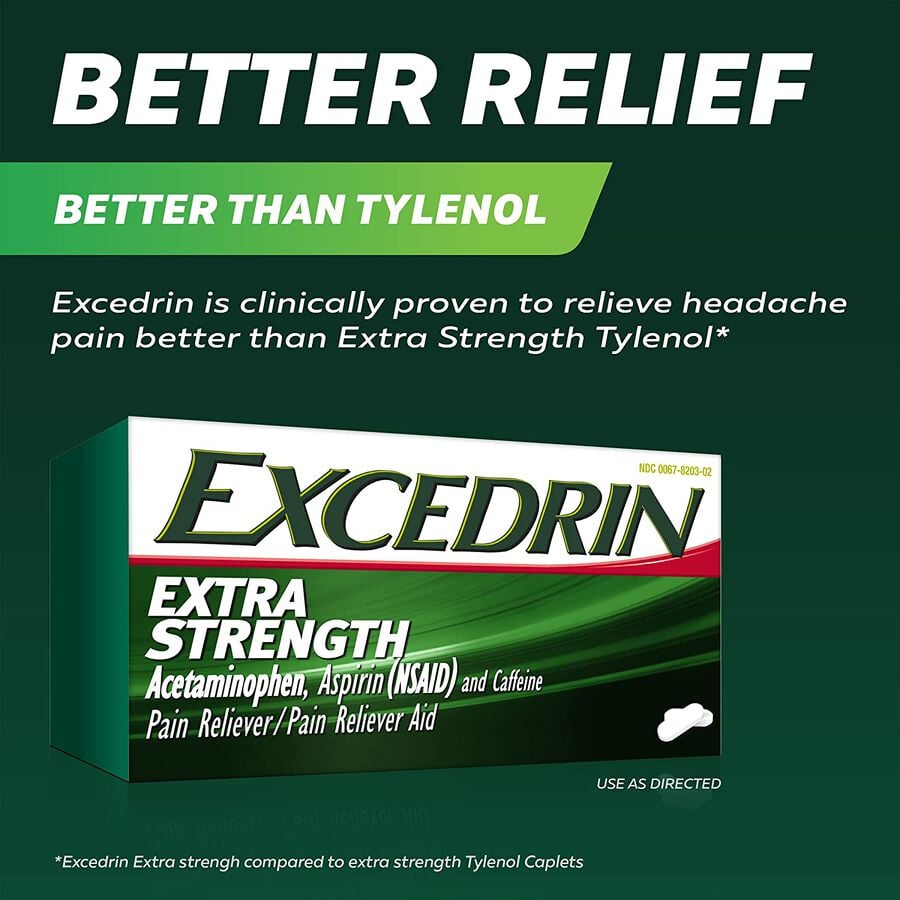Can I Take 3 Excedrin Extra Strength At Once
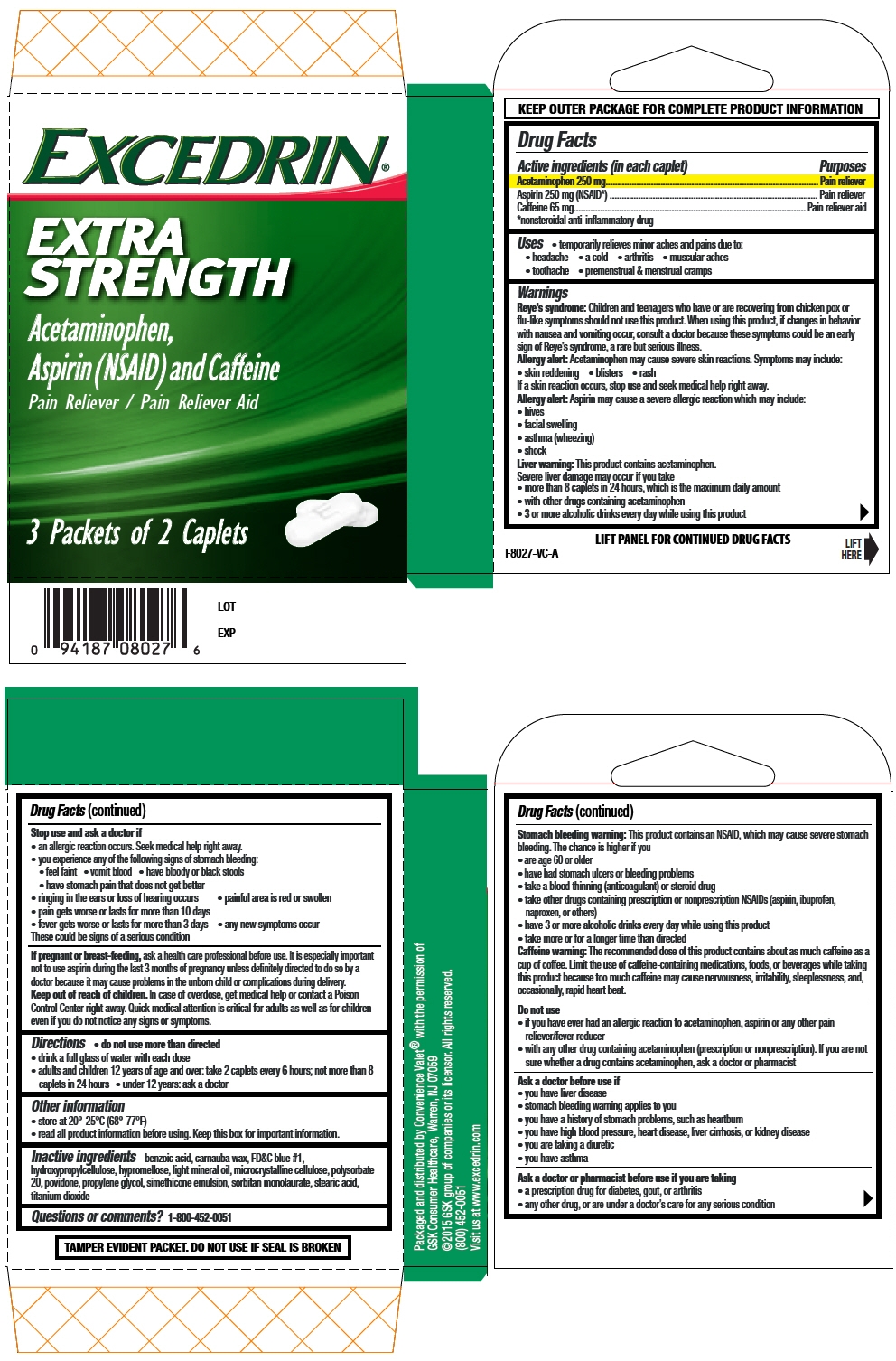
For many, the throbbing agony of a migraine or tension headache can feel unbearable, driving them to seek immediate relief. Excedrin Extra Strength, a readily available over-the-counter pain reliever, often becomes the go-to solution. But in the desperate search for quick relief, the question arises: Is it safe to take three Excedrin Extra Strength tablets at once?
This seemingly simple question has complex answers tied to dosage guidelines, individual health conditions, and the potential for serious adverse effects. Understanding the risks and benefits is crucial for anyone reaching for that familiar red and white bottle.
Understanding Excedrin Extra Strength
Excedrin Extra Strength is a combination medication containing acetaminophen, aspirin, and caffeine. Each ingredient plays a role in alleviating pain, but also carries its own set of potential side effects.
Acetaminophen is a pain reliever and fever reducer, while aspirin is a nonsteroidal anti-inflammatory drug (NSAID) that also reduces pain and inflammation. Caffeine is added to help enhance the effectiveness of both acetaminophen and aspirin.
Recommended Dosage vs. Taking Three Tablets
The official Excedrin Extra Strength product label clearly states the recommended dosage: two tablets every six hours, not to exceed eight tablets in 24 hours. Exceeding this recommended dosage can significantly increase the risk of adverse effects.
Taking three tablets at once is already exceeding the recommended single dose. This immediately elevates the possibility of experiencing negative consequences.
Potential Risks of Overdosing
Overdosing on Excedrin Extra Strength can lead to a range of serious health problems. The risks associated with each component of the medication are amplified when taken in excessive amounts.
Acetaminophen Overdose
Acetaminophen overdose is a significant concern, primarily due to its potential for causing liver damage. Even relatively small overdoses can lead to liver toxicity, and in severe cases, liver failure, requiring a transplant or leading to death.
Symptoms of acetaminophen overdose may not appear immediately but can include nausea, vomiting, abdominal pain, and jaundice (yellowing of the skin and eyes).
Aspirin Overdose
Aspirin overdose can cause a variety of symptoms, including tinnitus (ringing in the ears), nausea, vomiting, rapid breathing, and confusion. In severe cases, it can lead to seizures, coma, and even death.
Individuals with pre-existing conditions, such as ulcers or bleeding disorders, are at a higher risk of experiencing complications from aspirin overdose.
Caffeine Overdose
While less life-threatening than acetaminophen or aspirin overdose, excessive caffeine intake can still cause unpleasant and potentially harmful side effects. These can include anxiety, insomnia, tremors, rapid heartbeat, and even heart palpitations.
Combining caffeine from Excedrin with other sources, such as coffee or energy drinks, further increases the risk of these adverse effects.
Who Should Be Extra Cautious?
Certain individuals should exercise extreme caution when considering taking Excedrin Extra Strength, even at the recommended dosage. People with liver or kidney problems, ulcers, bleeding disorders, or a history of allergic reactions to aspirin, acetaminophen, or caffeine should consult with their doctor before taking Excedrin.
Pregnant or breastfeeding women should also seek medical advice before using this medication. Children and teenagers should not take Excedrin Extra Strength due to the aspirin content, which carries a risk of Reye's syndrome, a rare but serious condition.
Alternative Pain Relief Options
Before resorting to exceeding the recommended dosage of Excedrin, consider alternative pain relief methods. These might include rest, hydration, applying ice or heat, or trying other over-the-counter pain relievers that contain only one active ingredient.
If headaches are frequent or severe, it's essential to consult with a healthcare professional to determine the underlying cause and explore potential treatment options, such as prescription medications or lifestyle changes.
Seeking Medical Advice
If you have already taken three Excedrin Extra Strength tablets at once, it's crucial to monitor yourself for any signs of adverse effects. If you experience any unusual symptoms, such as nausea, vomiting, abdominal pain, difficulty breathing, or confusion, seek immediate medical attention.
Contacting the Poison Control Center is also recommended for guidance and support. Their number is readily available and can provide expert advice on managing potential overdoses.
Moving Forward: Responsible Medication Use
The temptation to exceed the recommended dosage of over-the-counter medications like Excedrin Extra Strength is understandable when experiencing intense pain. However, the potential risks associated with overdosing far outweigh the perceived benefits of faster relief.
Always adhere to the dosage instructions on the product label and consult with a healthcare professional if you have any concerns about medication safety or alternative treatment options. Responsible medication use is paramount to protecting your health and well-being.



